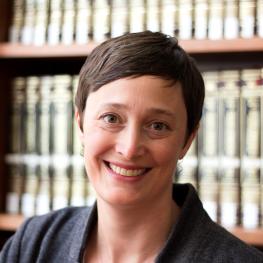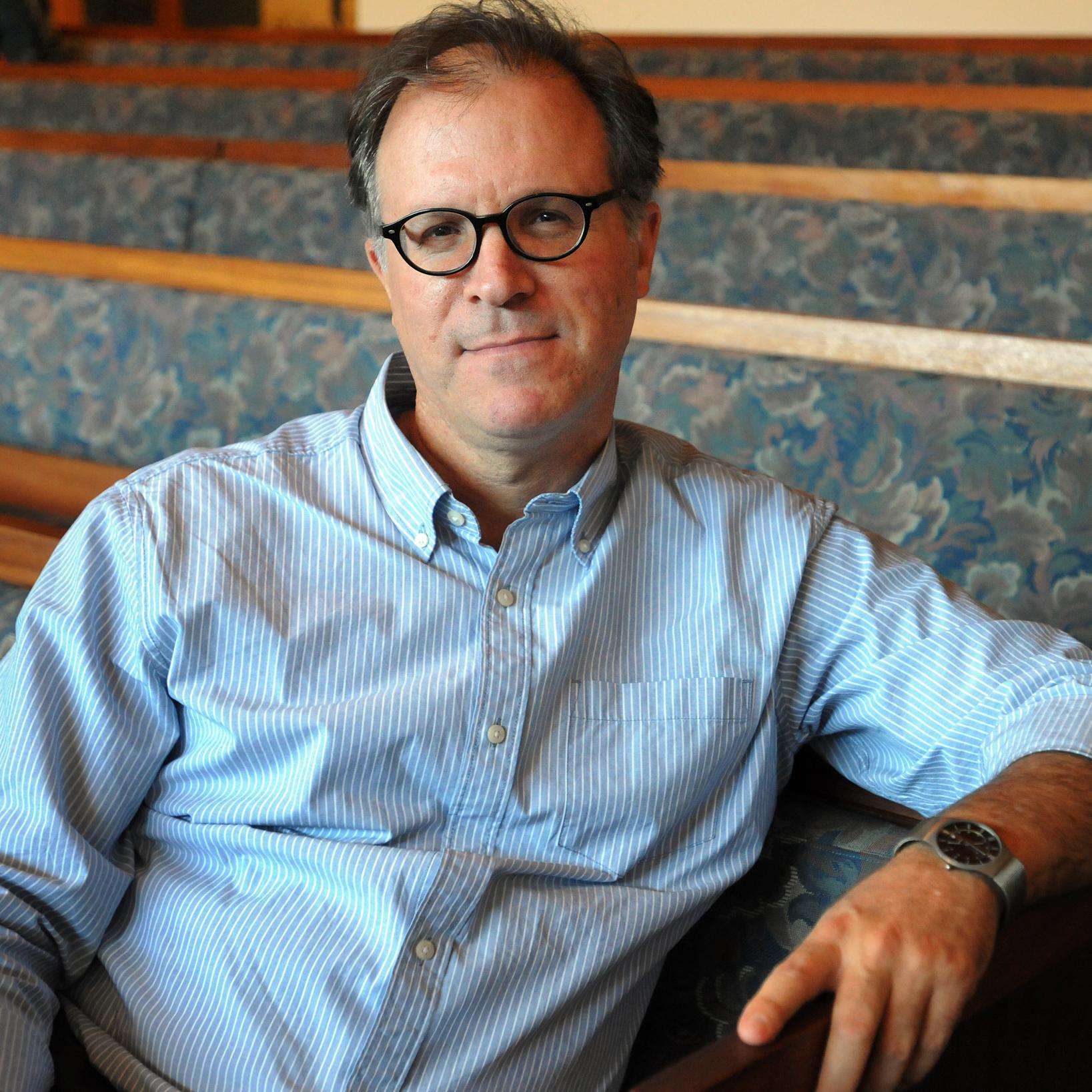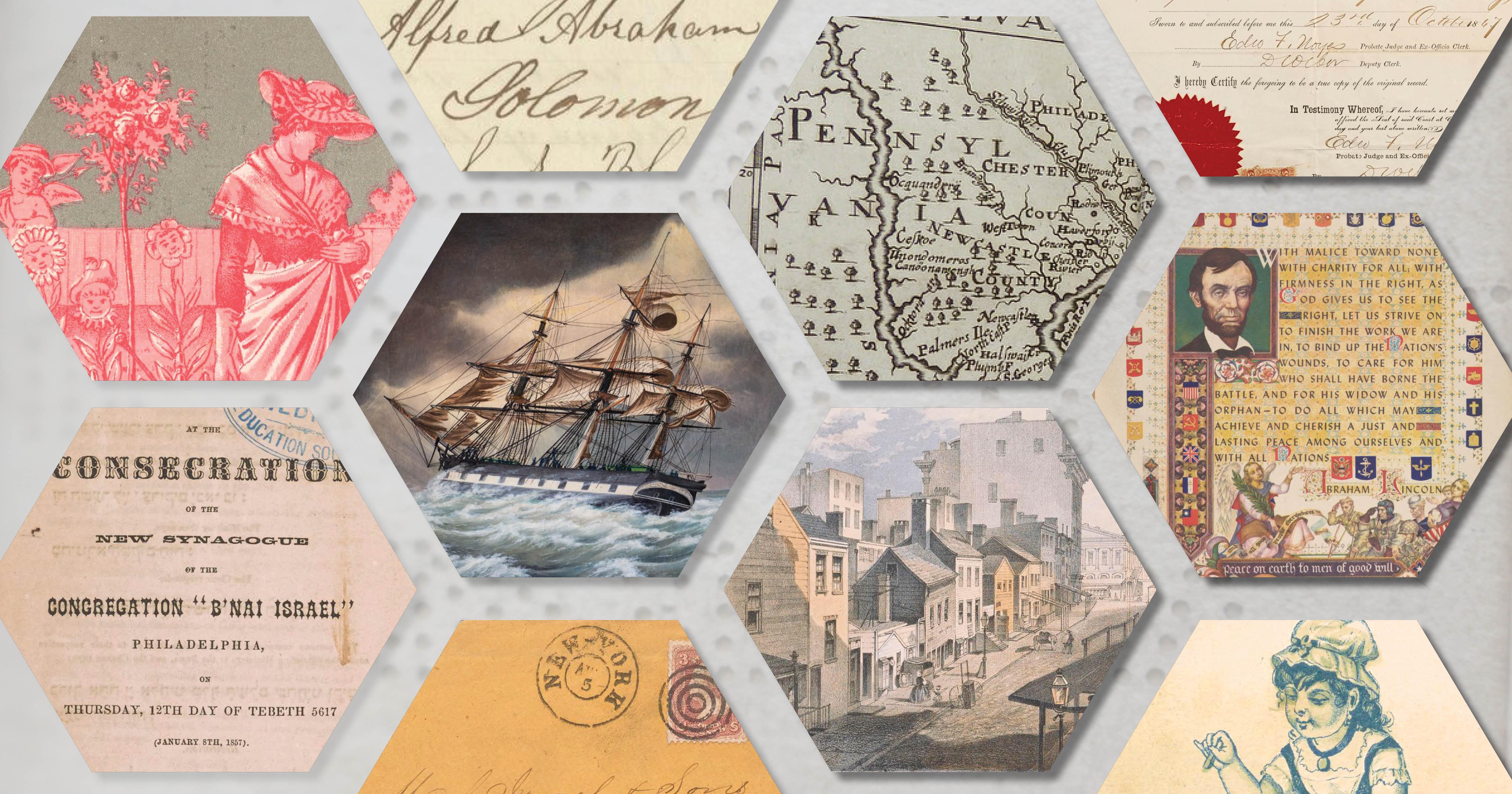Atlantic Jewish Worlds, 1500–1900
An upcoming conference opens new conversations about Jewish history in the Atlantic world.
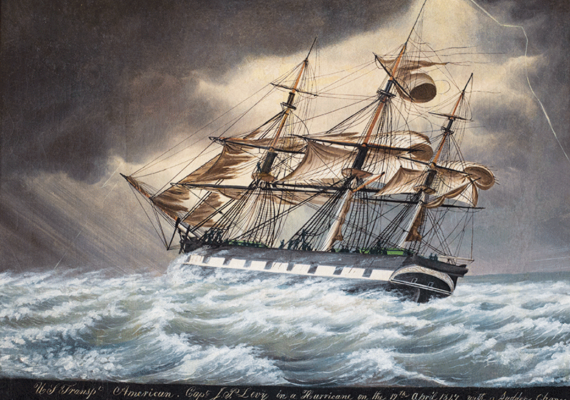
Thinking about the Atlantic world as its own arena, instead of approaching its various shores as disparate locales, has facilitated various kinds of recentering. Among other things, it has taught us to see early America as one part of a deeply interconnected world with enduring ties not only with the old country but also with the Americas (plural) and Africa. Focusing on networks spanning the Atlantic Ocean allows us to think differently about states, empires, and colonies—moving away from landed territorial notions to highlighting dynamic interaction and shared spaces. Within such a shared arena, we perceive a new diversity of actors and factors at work.
The same recalibration has begun for Jewish history, but there remains much to learn. In many ways, the transnational nature of Atlantic world history is a perfect fit for early modern Jewish culture. The trade and family networks of Sephardi Jews are an Atlantic story par excellence, imbued with complex relationships between religious, economic, and racial developments, as family firms that threaded through the port cities of Europe also encircled Africa and the Americas.
Other aspects of the Jewish Atlantic stand ready to be brought more fully into the picture. Attention to Africa and its diaspora and to the ideas and politics of colonialism, revolution, and citizenship, for example, have much potential to change the way we think about Jewish modernity. Likewise, Ashkenazi Jews have not figured significantly in Atlantic history, despite their presence there. As we increasingly see the Atlantic as a key context for American affairs through the eighteenth and even nineteenth centuries, the establishment and growth of the Jewish population in the United States is an important part of the story.
An upcoming conference organized jointly by the Katz Center and Penn’s McNeil Center for Early American Studies aims to expand these routes for thinking about the Jewish Atlantic. The program is buoyed by the Katz Center’s current fellowship year devoted to American history, animated by a crop of new scholarship, and headed by a keynote address from Aviva Ben Ur, author of the recent book Jewish Autonomy in a Slave Society.
The extraordinary Arnold and Deanne Kaplan Collection of Early American Judaica, held by the University of Pennsylvania Libraries, bears witness to the complexity and depth of Jewish life throughout the western hemisphere over four centuries. This vast repository—fully searchable—illuminates the details of precisely those paths and connections that are emerging and will emerge among participants in this conference.
All interested parties are welcome to attend the conference, to be held entirely on Zoom on April 7–8, 2021. Note that it is designed as a working scholarly colloquium, with precirculated papers subject to discussion, rather than a series of full presentations.
Register and find more details about the program here.
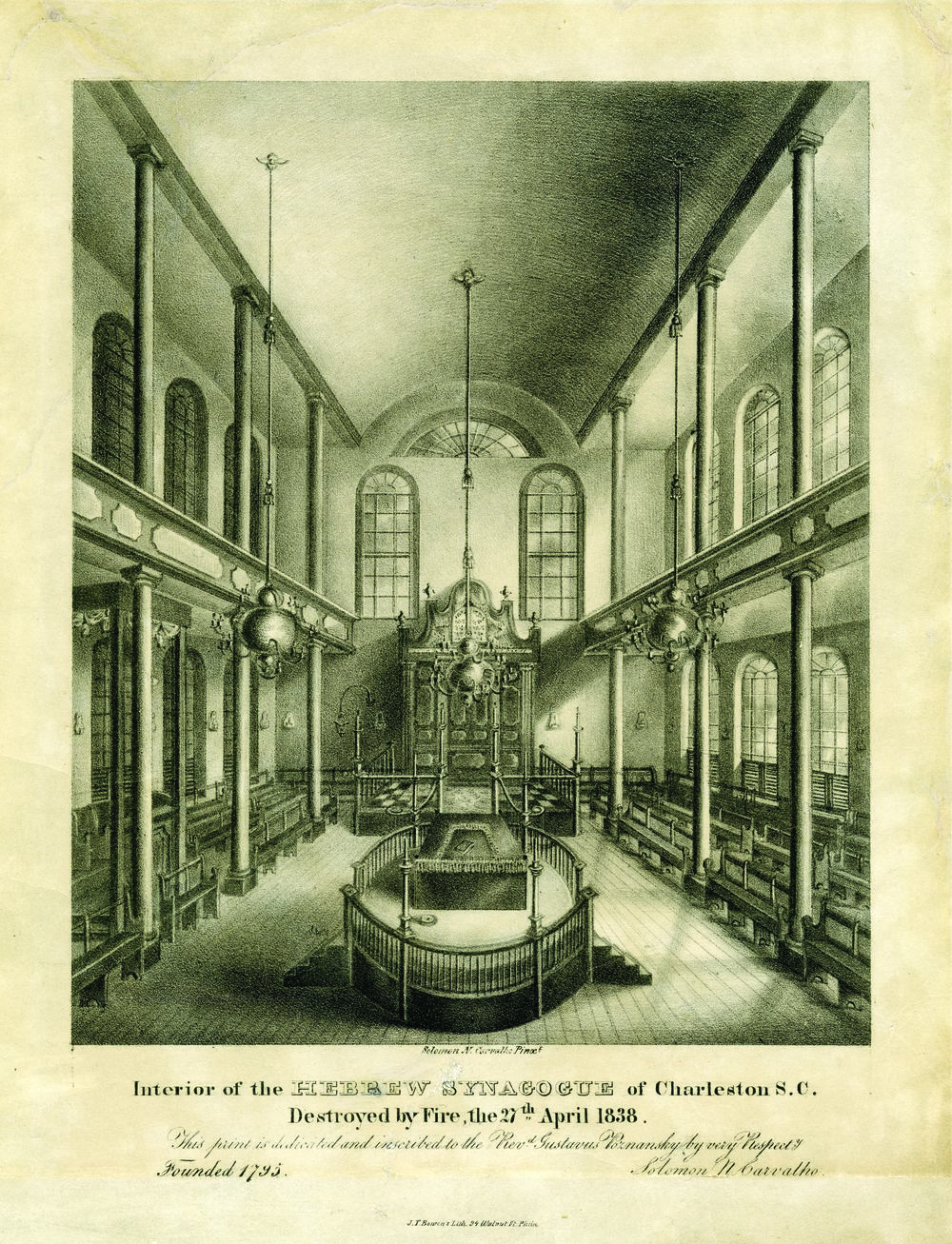
Lead image: Oil painting of the U.S.S. America, commanded by Jonas Philips Levy. Held in the Arnold and Deanne Kaplan Collection of Early American Judaica at Penn Libraries.
